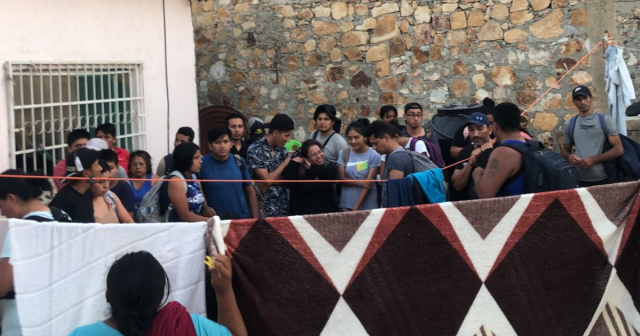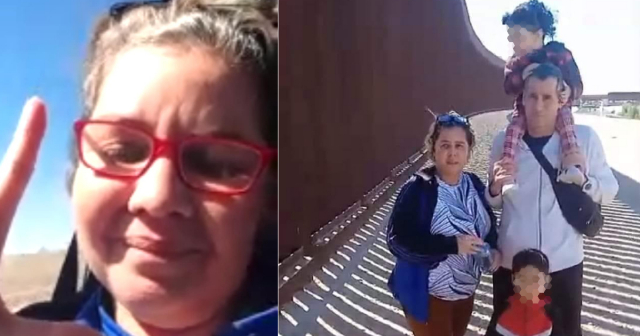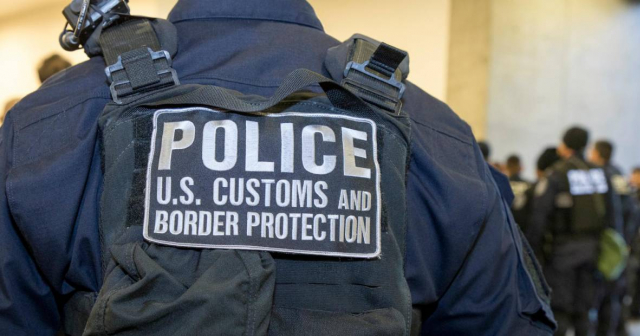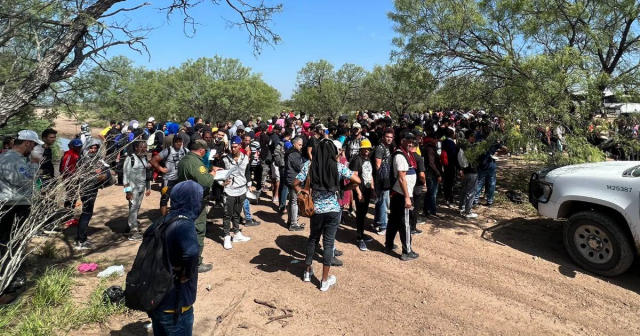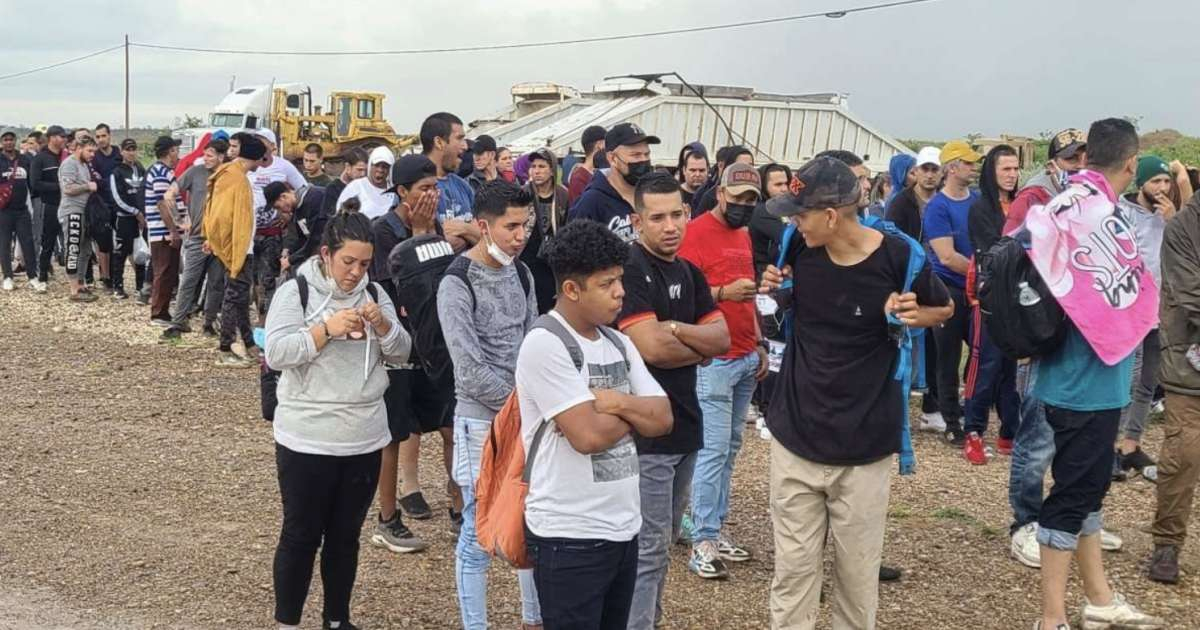
The Joe Biden administration will apply apilot program to expeditiously evaluate asylum applications of immigrants detained in themexican border, an initiative that could benefit hundreds of Cubans stranded on the Central American route.
The new asylum strategy will be launched experimentallystarting next week and will allow a response within 72 hours to applicants in the custody of the Department of Customs and Border Protection (CBP), US authorities said.
“This plan is part of an organized effort to begin a process that will allow immigrants to access credible fear interviews before specially trained officers of theDepartment of Citizenship and Immigration (USCIS) while they are still in CBP custody,” a Department of Homeland Security (DHS) official said in a statement sent toCyberCuba.
The source indicated that DHS will work with providers so that immigrants have legal advice available during interviews in order to validate their asylum cases.
“The process is designed to ensure that immigrants have the ability to contact legal service providers and expand their options forcredible fear interviews with USCIS representatives,” the official explained.
It is unclear how interviews by USCIS officials will be complemented by access to legal counsel.
Activists and immigration lawyers have expressed doubts about the implementation of the plan, which seeks to speed up theasylum processes and prevent situations of chaos on the border.
“This plan will not change the reality of the border or the flow of immigrants seeking protection in the United States, and it will end up harming the majority of applicants, because people do not come sufficiently prepared for a credible fear interview” , said toCyberCuba the immigration lawyerWilly Allen.
Allen considered that the measure will only be beneficial for those people who have a strongly justified asylum case.
“No one benefits from a quick asylum process if they do not have a strong case,” the lawyer argued. “It will be devastating for any nationality, but especially for Mexicans and Central Americans.” In the case of Cubans, Allen believes that it will not represent a significant change, although it could provide an alternative for numerous people who have been stranded in the Central American region and Mexican territory.
For Cubans, Venezuelans and Nicaraguans, the chances of asylum could now be higher, although Allen estimates that in expedited processes only 30 percent of requests are accepted.
The plan is announced just one month after the Biden administration ends thehealth order known as Title 42,that allowed the immediate expulsion of thousands of immigrants under pandemic regulations. The health rule must be abolished on May 11.
Some immigrants expelled under Title 42 could repeat their application to enter the United States.From April 2020 to date, a total of 19,812 Cubans have been rejected at border points under the requirements of the Covid-19 health regulations.
The lifting of Title 42 is expected to cause a rush and congestion at border crossings.
DHS authorities plan to launch the pilot plan while maintaining the option to request asylum appointments through the CBP One application, which began operating as part of the border control strategy on January 6.
“This administration will continue to look at all available tools to make asylum processing more efficient, while upholding due process and other legal protections, as Congress refuses to act to restore our broken immigration system. decades,” the spokesperson said.
The US government says the plan to stem the uncontrolled wave of refugees is bearing fruit. The implementation ofhumanitarian parole program for Cubans, Venezuelans, Nicaraguans and Haitians, Together with the planning of appointments digitally to appear at the border, it has managed to reduce the arrival of immigrants by more than 75 percent.
What do you think?
COMMENTFiled in:


